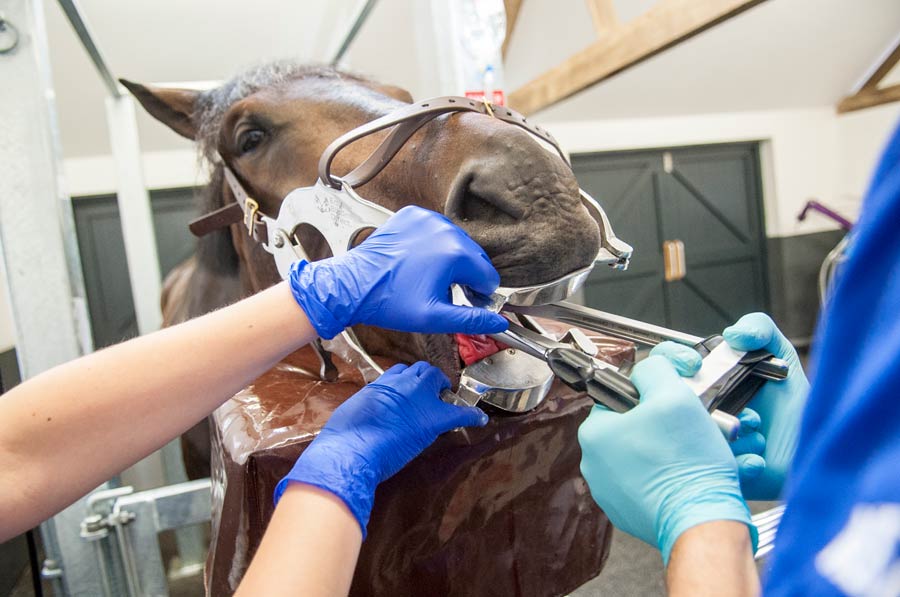When it comes to equine health, one of the critical aspects that often goes unnoticed is horse teeth overgrowth. This condition, if left unchecked, can lead to severe discomfort and health issues for horses. As enthusiasts and caregivers, understanding the nuances of dental health in horses is vital. Why horses need dental work is a topic that delves into this essential aspect.

What Causes Horse Teeth Overgrowth?
Horses have a unique dental structure that continuously grows throughout their lives. This growth can sometimes lead to uneven wear, resulting in overgrowth. Factors such as diet, feeding habits, and even genetics can influence this condition. Understanding these causes is the first step in preventing severe dental issues.
The Role of Diet in Dental Health
A horse’s diet plays a significant role in maintaining healthy teeth. A natural diet that includes roughage such as hay can help in wearing down teeth naturally. However, a diet lacking in fibrous material can lead to uneven wear and overgrowth. Discover more about horse tooth problems that can arise from inadequate nutrition.
Genetics and Their Influence
Genetics also plays a part in the dental health of horses. Some breeds may be more predisposed to dental issues than others. This genetic predisposition can affect how teeth align and wear over time, leading to potential overgrowth problems.
Effects of Horse Teeth Overgrowth
The effects of this condition are not just limited to the mouth. It can cause pain, lead to weight loss, and even affect a horse’s performance. Horses with overgrown teeth may have difficulty chewing, leading to inadequate nutrition and overall health decline.
Impact on Nutrition and Digestive Health
When a horse cannot chew properly due to overgrowth, it can lead to incomplete digestion and nutrient absorption. This can result in weight loss and a multitude of other health problems. Maintaining proper dental health is essential for ensuring that horses receive the nutrition they need.
Behavioral Changes
Horses experiencing discomfort from dental issues may exhibit behavioral changes. They may show signs of irritability, reduced performance, or reluctance to eat. Recognizing these signs early can help in addressing the underlying dental issues.
Preventing Horse Teeth Overgrowth
Prevention is always better than cure, and understanding how to prevent horse teeth overgrowth is crucial. Regular dental check-ups and adopting preventive measures can make a significant difference.
Regular Dental Check-Ups
Scheduling regular dental check-ups with a qualified veterinarian is essential. These check-ups help in identifying potential issues early on and ensuring that any signs of overgrowth are addressed promptly. Learn more about equine dental care and its importance.
Maintaining a Balanced Diet
Feeding horses a balanced diet rich in fibrous material can help in naturally wearing down teeth and preventing overgrowth. Providing access to good quality hay and pasture is beneficial for dental health.
Conclusion
Horse teeth overgrowth is a condition that requires attention and proactive care. By understanding its causes, effects, and preventive measures, we can ensure that our equine companions lead healthy and comfortable lives. For more information on equine dentistry, visit Equine Dentistry.

FAQs
What are signs of horse teeth overgrowth?
Signs include difficulty in chewing, weight loss, and behavioral changes such as irritability.
How often should a horse have dental check-ups?
It is recommended to have dental check-ups at least once a year or more frequently if dental issues are present.
Can diet alone prevent overgrowth?
While a proper diet is crucial, regular dental check-ups are also necessary to prevent and address overgrowth.
This article contains affiliate links. We may earn a commission at no extra cost to you.
